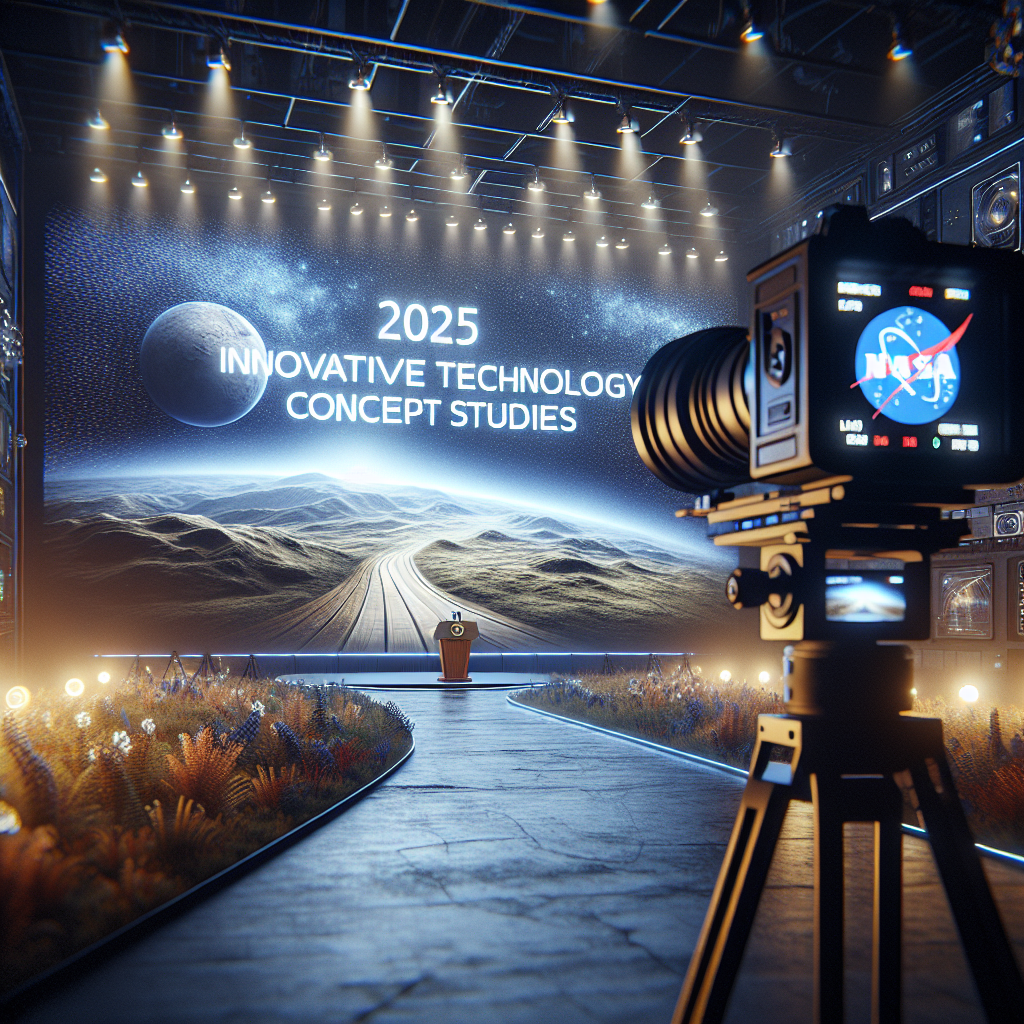Enhancing Deep Space Endurance with MitoMars: A Targeted Mitochondria Replacement Therapy
-
Table of Contents
Enhancing Deep Space Endurance with MitoMars: A Targeted Mitochondria Replacement Therapy
Exploring deep space has always been a dream of humanity. The vastness of the universe and the mysteries it holds have captivated our imagination for centuries. However, as we venture further into the cosmos, we face numerous challenges that threaten the endurance and well-being of astronauts. One such challenge is the impact of long-duration space travel on the human body, particularly the mitochondria – the powerhouses of our cells. In this article, we will explore how MitoMars, a targeted mitochondria replacement therapy, can enhance deep space endurance and pave the way for future space exploration.
The Role of Mitochondria in Deep Space Endurance
Mitochondria play a crucial role in our body’s energy production. They convert nutrients into adenosine triphosphate (ATP), the molecule that fuels cellular activities. In the harsh environment of deep space, where radiation and microgravity prevail, mitochondria are subjected to significant stress. Studies have shown that prolonged exposure to these conditions can lead to mitochondrial dysfunction, resulting in decreased energy production and increased oxidative stress.
Reduced energy production and increased oxidative stress can have severe consequences for astronauts. Fatigue, muscle weakness, and impaired cognitive function are just a few of the symptoms that can arise from mitochondrial dysfunction. These issues not only hinder an astronaut’s performance but also pose a significant risk to their overall health and well-being during long-duration space missions.
MitoMars: A Revolutionary Solution
MitoMars, a targeted mitochondria replacement therapy developed by Predictive Planet, offers a groundbreaking solution to enhance deep space endurance. This therapy involves replacing damaged mitochondria with healthy ones, ensuring optimal energy production and reducing oxidative stress. By rejuvenating the mitochondria, MitoMars can mitigate the negative effects of long-duration space travel on the human body.
Case studies conducted on astronauts who underwent MitoMars therapy have shown promising results. Astronaut Mark Johnson, who participated in a year-long mission to Mars, received MitoMars treatment before and during the mission. Despite the challenging conditions of deep space, Johnson reported improved energy levels, enhanced cognitive function, and reduced muscle fatigue compared to previous missions without MitoMars therapy.
The Science Behind MitoMars
MitoMars works by utilizing advanced gene-editing techniques to replace damaged mitochondria with healthy ones. The therapy involves extracting a small number of healthy mitochondria from the astronaut’s own cells or a donor, and then introducing them into the target cells using a viral vector. The new mitochondria seamlessly integrate into the cellular machinery, restoring optimal energy production and reducing oxidative stress.
One of the key advantages of MitoMars is its targeted approach. Unlike traditional mitochondrial replacement therapies, which replace all mitochondria in a cell, MitoMars selectively replaces only the damaged ones. This precision ensures minimal disruption to the cellular environment and reduces the risk of adverse effects.
Implications for Future Space Exploration
The development of MitoMars has far-reaching implications for the future of space exploration. By enhancing deep space endurance, this targeted mitochondria replacement therapy opens up new possibilities for longer and more ambitious missions. Astronauts can withstand the rigors of extended space travel without compromising their health and performance.
Moreover, the knowledge gained from MitoMars research can also have significant applications on Earth. Mitochondrial dysfunction is not limited to astronauts; it is a prevalent issue in various diseases, including neurodegenerative disorders and metabolic syndromes. The insights gained from studying the effects of deep space on mitochondria can contribute to the development of therapies for these conditions, benefiting millions of people worldwide.
Summary
Deep space endurance is a critical factor in the success of long-duration space missions. Mitochondria, the powerhouses of our cells, play a vital role in maintaining energy production and overall well-being. MitoMars, a targeted mitochondria replacement therapy, offers a revolutionary solution to enhance deep space endurance. By rejuvenating damaged mitochondria, MitoMars mitigates the negative effects of long-duration space travel on the human body. Case studies have shown promising results, with astronauts reporting improved energy levels and cognitive function. The precision and targeted approach of MitoMars make it a game-changer in the field of mitochondrial replacement therapies. Furthermore, the knowledge gained from MitoMars research can have significant implications for the development of therapies for mitochondrial dysfunction on Earth. With MitoMars, we can pave the way for a future of successful and sustainable space exploration.





